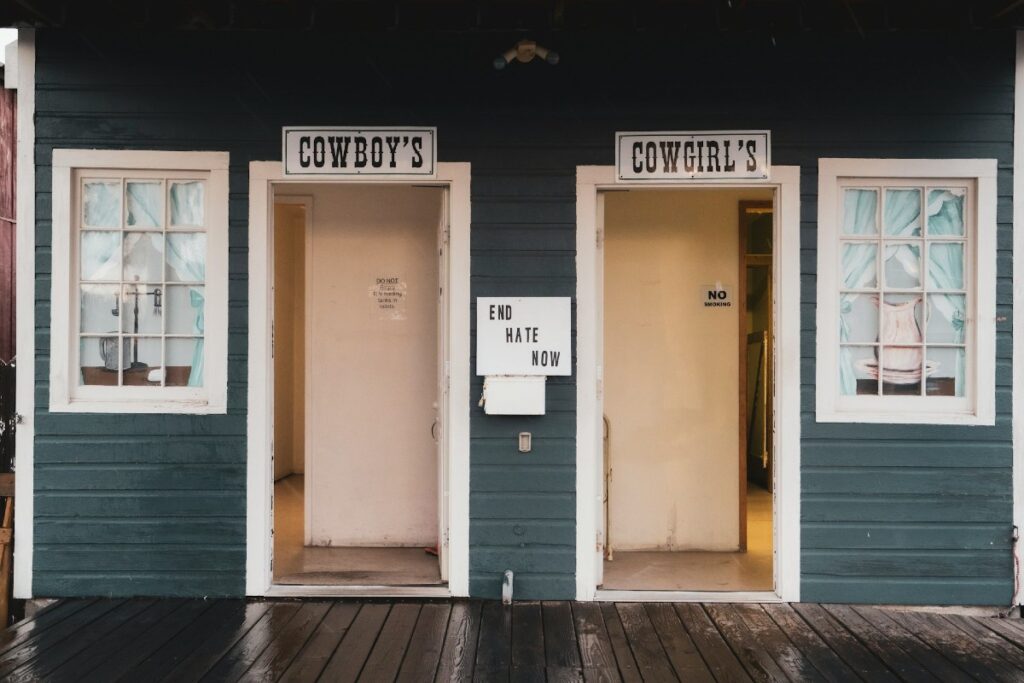
Government watchdogs are crying foul as South Carolina legislators prepare to pass sweeping new laws through budget directives that circumvent normal legislative debate and deliberation.
The directives, or provisos, are budget instructions that place specific conditions on how state dollars can be spent. For instance, the best known – and often most controversial – form of proviso is the earmark, which typically directs a state agency to spend a certain amount of money on, say, a local festival or infrastructure project.
But increasingly, watchdogs say, legislators are using provisos to push through controversial social policies, such as statewide restrictions on public school lesson plans, without proper public scrutiny or committee review.
“Social policy issues should be addressed through the full legislative process, including public hearings,” said Lynn Teague, Vice President of the League of Women Voters, in an interview with Statehouse Report. “It’s an evasion of public responsibility to tuck these things in as budget provisos.”
This year, four provisos affecting South Carolina parents, teachers and children are raising red flags among policy experts and activists. They say the directives are either poorly conceived, poorly drafted or both – and are problems that could and should have been addressed in the normal legislative process.
A bathroom bill – or rather, proviso – for schools
Unable to pass a so-called “bathroom bill” as stand-alone legislation during the regular session, supporters have inserted a proviso in the budget ordering public schools to require K-12 students to use the bathroom or locker room that corresponds with their birth sex rather than their gender identity.
Supporters say the measure is necessary to protect girls’ intimate spaces from mischievous boys or worse, but opponents warn of unintended consequences that they say would have become clear if the proposal had faced normal public scrutiny.
“I personally know of at least six kids who aren’t ‘out’ as trans to any of their classmates,” said Chase Glenn, executive director of the Alliance for Full Acceptance. “This proviso would suddenly ‘out’ them to everyone and put a target on their backs for bullying.”
Moreover, Glenn argues, policy-makers should rely more on the experience and expertise of local professionals and less on one-size-fits-all statewide solutions.
“Administrators and teachers have relationships with these students and their parents, and they already have processes in place to support them in ways that protect all students,” he said. “So now we’re going to start telling them how to do their jobs?”
New local library restrictions
 nother social-issue proviso of concern to some would require local libraries to remove any materials from youth sections that might “appeal to the prurient interests of children under seventeen.” Under the proviso, the S.C. State Library would be responsible for enforcement.
nother social-issue proviso of concern to some would require local libraries to remove any materials from youth sections that might “appeal to the prurient interests of children under seventeen.” Under the proviso, the S.C. State Library would be responsible for enforcement.
And again, subject-area experts believe the policy idea would have benefitted from the kind of formal committee review that forces bill sponsors to address real-world challenges and defend the proposal before legislative language is finalized.
“We’re concerned about the proviso from both a legal perspective and an administrative perspective,” State Library Director Leesa Aiken told Statehouse Report. “I don’t think we have the legal authority to oversee local collection development and we don’t have the resources, either.
In addition, she noted, the “prurient interests” standard would be difficult, if not impossible, to enforce outside of the context of local community standards.
“Prurient is extremely subjective, so who is going to define that?” Aiken asked. “Librarians (rely on) parental and community involvement, and this proviso butts up against that principle of home rule.”
Cell phones banned during school hours

Administrators and teachers say they are broadly supportive of a proviso banning cell phone use by students during school hours, but they worry that important implementation and enforcement details have been overlooked.
“Cell phones are a huge distraction and this is something teachers have been complaining about for years,” said Sherry East, president of the South Carolina Education Association. “But a lot of districts already have a cell phone policy. It’s the enforcement that’s the problem.”
Under the terms of the proviso, the state Department of Education would be responsible for compliance. But East worries the largely opaque proviso process has frozen out local parents, perhaps making the job of enforcement impossible.
“We’ve already heard from some parents that don’t agree with this,” East said. “And if enough parents complain, will the Department of Education even want to try to enforce the policy?”
Prohibiting difficult books and lessons on race
A fourth proviso raising concerns is a ban on teaching certain concepts that critics tend to lump together under the umbrella of “critical race theory.”

The proviso isn’t new in this year’s budget – it was first passed in 2021 – but educators and activists say recent events demonstrate why it should not be passed again without a genuinely deliberative legislative process.
Specifically, they point to the case of a Richland County teacher who was forced to stop teaching Ta-Nehisi Coates’ National Book Award-winning memoir Between the World and Me in an AP Literature class, and to the elimination of AP African American Studies in state public schools.
“When it comes to this proviso, we’ve already seen its effects,” ACLU of South Carolina spokesman Paul Bowers told Statehouse Report. “Writing something like this (proviso) into the budget is a gift to pro-censorship and anti-public education groups.”
But just as much, Bowers said he worries about the lack of basic accountability when legislators use the proviso process to make complex social policy.
“Legislating by proviso is cowardly behavior. And by sneaking their policy preferences into the budget, they get to skip the public hearings and debate where South Carolians would be able to speak their minds,” he said.
- Have a comment? Send to: feedback@statehousereport.com.


